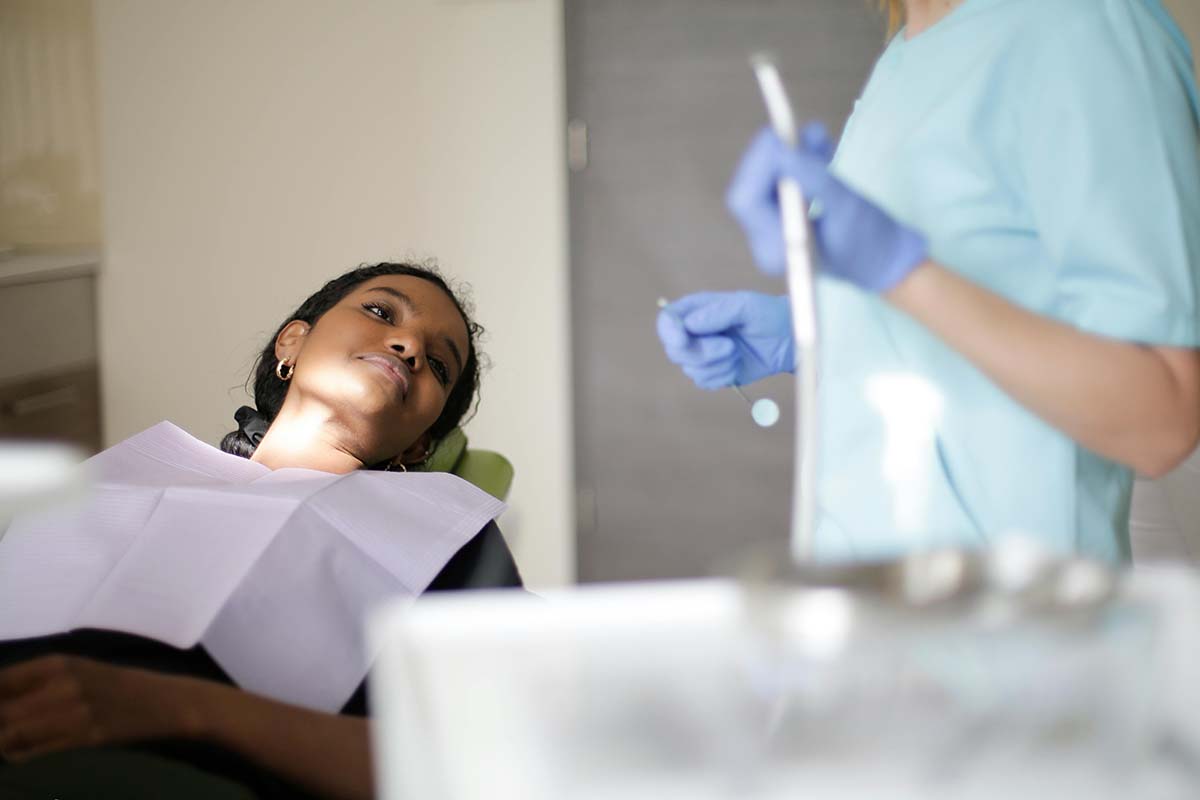Wirral Emergency Dentist: Best Dental Practice for Urgent Care
When faced with a dental emergency, you must seek immediate medical assistance.
The emergency dentists in Wirral can assist in treating severe pain, swelling, and broken teeth quickly and effectively.
These dentists can provide relief for toothache and devise long-term treatment plans to keep it at bay, as well as advice for soft tissue injuries such as jaw fractures or tongue bites.
However, if you need one ASAP, read on to learn if they may be able to help you.
Toothache
An uncomfortable toothache may have multiple sources, from mild twinges that can be treated by brushing, flossing, and rinsing to more serious issues that warrant immediate medical intervention, such as severe toothaches.
Severe toothaches should always be attended to by an emergency dentist. On their initial visit, a Wirral emergency dentist will assess the source of your discomfort using diagnostic tests or dental X-rays to identify its source.
Once they’ve found it, they may numb the area using dental drills so as to reach the pulp of the tooth that contains blood vessels and nerves in order to clean and seal it in order to relieve your symptoms.
If you do not have access to an emergency dentist and are experiencing toothache, there are various home remedies that may help relieve the pain until you can find one.
Rinsing with warm water mixed with salt or using mouthwash may help remove food debris that has become trapped between teeth. If the pain still remains, an over-the-counter painkiller such as ibuprofen or acetaminophen can provide temporary relief; alternatively, putting an ice pack over the affected area may provide temporary comfort as well.
If your toothache persists and you cannot wait until an emergency dentist can see you, head straight for your nearest hospital’s ER.
While ER staff may be able to give medication that relieves pain and swelling, they will not be able to address the source of the discomfort and may also not provide restorative treatments such as fillings or crowns.
Broken Tooth
If a patient breaks a tooth, they should immediately contact an emergency dentist for care and seek care before the pain or bleeding worsens.
Based on the severity of the breakage, a dentist will determine whether it constitutes a bad situation and provide appropriate treatments (source: https://healthmenza.com/how-do-dentists-fix-broken-teeth/); typically, the initial step includes an in-depth exam including X-rays to gain a clear picture of any damage that has been sustained by both teeth and surrounding gums in order to assess potential dental emergencies accurately.
Patients should use pressure from gauze or paper towels to manage any bleeding, minimize further risk, and keep blood pressure at a level necessary to allow healing of their tooth. An over-the-counter painkiller may be helpful to ease discomfort and swelling.
Alternative treatments could include dental crowns to reinforce the structure and prevent further decay, with emergency dentists explaining all available options as part of a treatment plan for their patients.
In more serious cases, extraction may be necessary; in such cases they would provide local anesthetic in order to minimize pain and discomfort during this procedure. For severe breaks however, root canal therapy might be needed in order to save the tooth.
Knocked-Out Tooth
An avulsed tooth should be considered a dental emergency and treated immediately in order to minimize damage to blood vessels, nerves, and supporting structures of the dislodged tooth.
Prompt treatment helps minimize damage and allows the knocked-out tooth to be reattached back into its socket if possible.
The first steps should include rinsing and reinserting any dislodged tooth into its socket if possible; hold between cheek and gums to secure.
If this cannot be accomplished, store in milk or a solution like Hank’s or Save-A-Tooth until an emergency dentist can be seen; standard tap water may kill off root cells if left in contact for too long with it.
Injuries to teeth are far more prevalent than most people realize. This is due to the wide array of nerves and tissues in the mouth being vulnerable to accidental trauma like hard hits to the face or head.
Although not every injury can be avoided entirely, using protective gear such as helmets or headgear may help minimize traumas to these vital areas of our bodies.
As is often the case after an injury to one or more teeth, initial discomfort is natural and expected. Your body must adjust to missing part of a tooth before the tissues around this area begin healing; medication prescribed by emergency dentists can help manage this discomfort effectively.
Swollen Jaw
As long as your teeth and gums are healthy, swelling around the mouth or jaw shouldn’t be cause for alarm.
But when this swelling accompanies pain or other symptoms that suggest infection, abscess, injury, or another serious oral health issue, it should be seen by a dentist immediately – call your emergency dentist immediately for help!
Since it’s often not possible for us to visit our regular dentist in case of a dental emergency, knowing when and who to call is essential in this instance.
A swollen jaw may constitute an emergency when it causes severe pain or shows other symptoms indicative of infection (fever or chills) as well as having broken or knocked out teeth.
Swelled jaws may also indicate an underlying health problem such as viral infections like mumps or salivary gland infections such as Staph infections like these; cyst or tumor formation in parotid glands; cyst or tumor growth within parotid glands in front of each ear.)
To ascertain what’s causing your swollen jaw, your emergency dentist will perform an examination and diagnostic tests in order to pinpoint its source – infections, abscesses, or any other issue may all play a part.
Swollen parotid glands are often caused by chronic recurrent parotitis, an inflammation of the large salivary glands on each side of the face in front of each ear.
To address this condition, your emergency dentist may suggest supportive measures like warm compresses and over-the-counter pain relievers and ensure adequate hydration occurs. They will also work to manage any complications from jaw trauma, including fractures or dislocations that might arise.





















